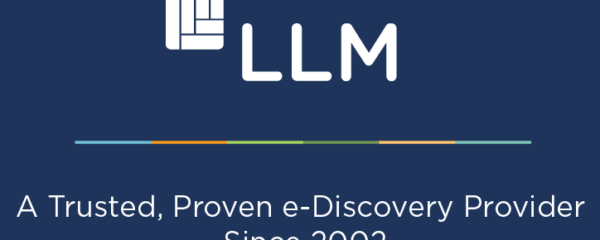Despite technology-assisted review (TAR) being around for more than a decade and Judge Andrew J. Peck declaring it “black letter law” in his 2012 decision in Da Silva Moore v. Publicis Groupe & MSL Group, the entire legal community has yet to embrace it. The Electronic Discovery Reference Model (EDRM), the e-discovery standards-setting organization, hopes the development of new e-discovery guidelines will change this.
Legaltech News reports that EDRM, which is now part of Duke Law School, hosted a September conference in which attorneys, judges and e-discovery technology companies collaborated on TAR guidelines for the federal judiciary and the plaintiffs and defense bar.
John Rabiej, the Director of the Center for Judicial Studies at Duke University, expressed to Legaltech News that the guidelines are about “demystify[ing] the process” and getting “bench and bar used to new technology and not having to wait 5-10 years before they are comfortable with it,” particularly because artificial intelligence is right on TAR’s heels. Bottom line for Rabiej, they have to make TAR simpler to understand.
George Socha, co-founder of EDRM and now with BDO Consulting, expressed that one of the guidelines’ goals is “balance[ing] the short-term and long-term needs of the e-discovery community.”
Michael Quartararo, director of litigation support services at Stroock & Stroock & Lavan, acknowledged there’s a transparency issue that has to be addressed in these guidelines. He also stated that it’s the judges that have the power to drive adoption.
“I really think that the bench can drive this, the bench can drive the bar to adoption. At the end of the day, that’s what it’s all about: adopting these more efficient tools.”
If attorneys don’t adopt these guidelines, there will be consequences. According to Rabiej, judges who attended the conference warned attorney attendees that if they don’t have a protocol ready and agreed upon, the judges will decide, and attorneys may not like the outcome.






